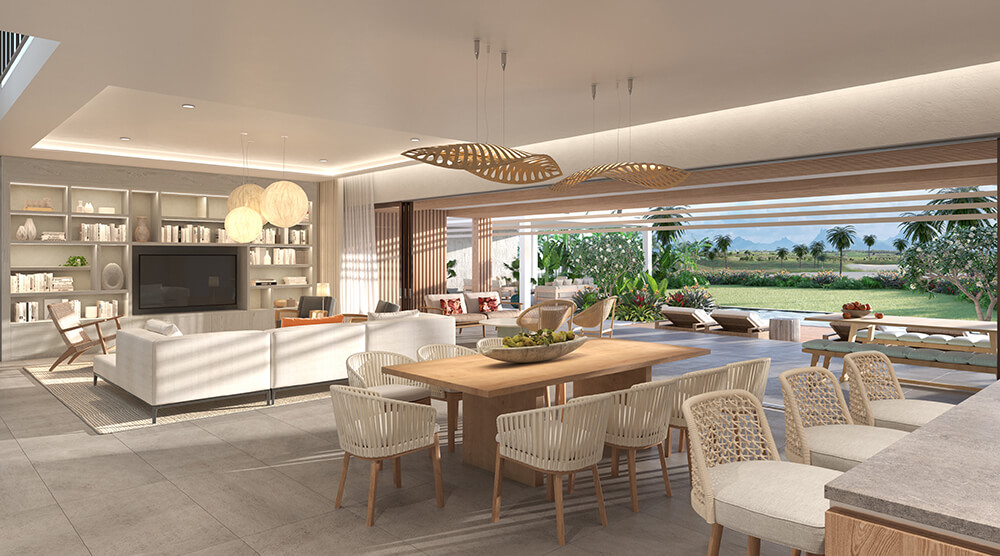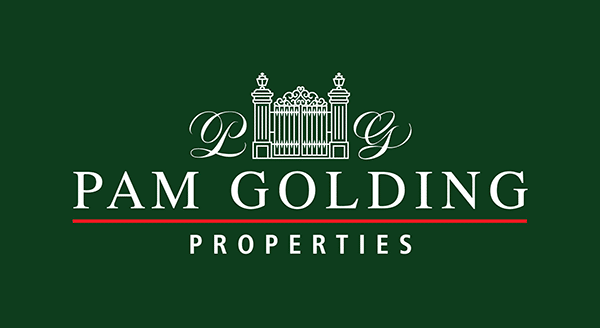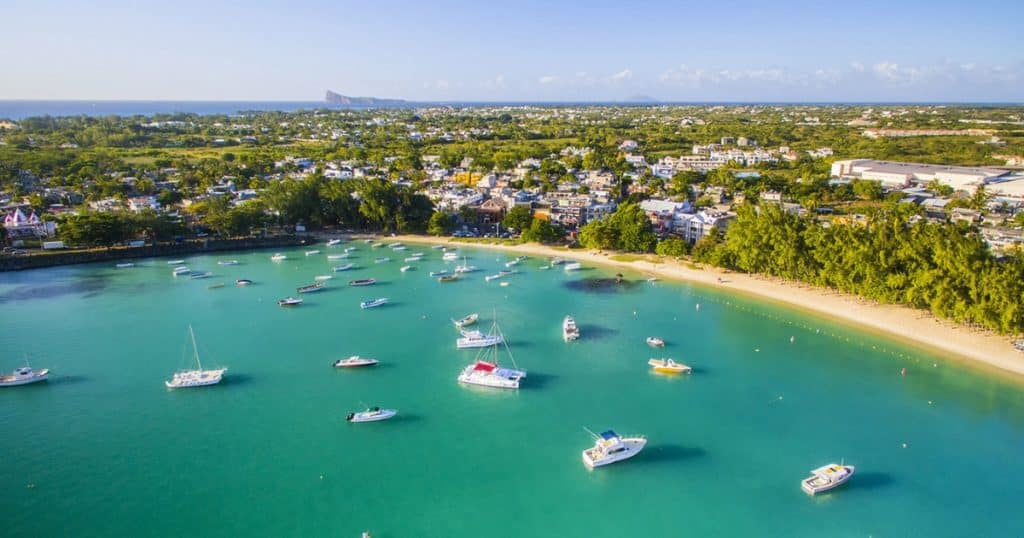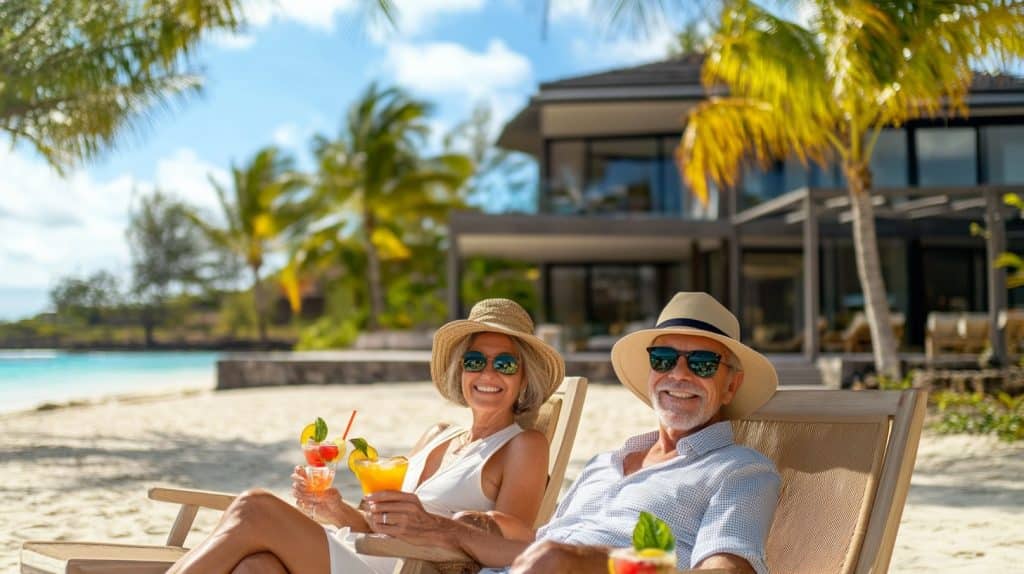If you’re considering moving to Mauritius, you’ll want to know what to budget to live comfortably on the island.
Like most countries outside of the USA or Europe, most high-end luxuries are imported, so can be pricier, but you can save a lot if you learn to live like a local.
Shop at local markets and supermarkets, adjust consumption to what is available on the island, and opt for more local restaurants. In addition, buying food and produce from local farms, villages, and fishermen supports the local economy. You’ll find meat, eggs, fresh seafood, delicious fruits, and tasty vegetables at neighbourhood shops. You can also buy fruit and veg from large stores such as Food Lover’s Market and organic farms. Seasonal is best. Mauritius offers great papayas, bananas, melons, pineapple, and more.
Cost of property
 |
 |
“Mauritius property is priced similarly to the Atlantic Seaboard in Cape Town. We often find South Africans will downscale to apartments and townhouses to lower their monthly and maintenance costs. Europeans, who have typically lived in apartments, will look to buy villas on larger land that gives them more outdoor space,” says Jonathan Tagg, Pam Golding Properties Project Director (IRS and RES division).
Electricity costs approximately R1 200 for apartments and townhouses, while for larger houses, you can expect to pay from R1 800 to R2 500. Increases are seasonal, so you’ll pay more in summer and less in winter. Water is very cost-effective at around R100 to R200 per month.
Domestic assistance is around MUR150 to MUR200 per hour or approximately R5 000 per month full time.
Eating out
 |
 |
“Mauritius’s cost of living seems to fit between South Africa and Europe, in some instances, closer to South Africa where stable goods prices are similar. However, some luxury and sin goods like alcohol and cigarettes cost much more than in South Africa,” says Tagg.
Mauritius has an eat-out culture, and the weather is ideal for outdoor dining and socialising. You’ll be spoilt for choice with everything from five-star restaurants to charming sit-down eateries in Grand Baie and Tamarin, the leading tourism and residential areas. Many local foods, an assortment of Mediterranean-type foods, and Indian and Chinese restaurant meal options are well-priced.
Prices for a night out in a restaurant are likely around 20-30 percent higher than in South Africa however a lot cheaper than in Europe or Australia. There are hundreds of restaurants to choose from. If you are into the more local restaurants, where quality is good, prices are like those in South Africa. The trick is to stay out of the hotel restaurants or avoid certain restaurants in the high season when prices go up.
Beer is reasonably priced, particularly for the popular local Phoenix and craft beers but good wine is expensive. Bring as much as you are legally allowed when you travel to Mauritius.
A coffee and a croissant cost around R50.
Keep fit in Mauritius
 |
 |
The AfrAsia Bank Mauritius Open is on the Sunshine Tour. The island boasts some award-winning golf courses designed by sporting luminaries. “Most expats join a golf group, of which there are many on the island, and pay around R700 per round which includes a golf cart and water. Homeowners living on a golf estate pay around R350 per round,” says Tagg.
There are numerous gyms to choose from. Memberships range from around R600 per month to approximately R1 200 for top-end gyms with tennis, padel, squash, and gym facilities.
Transport in Mauritius
Many car brands are well represented in Mauritius, from Porsche, Mercedes-Benz, and BMW to Volkswagen and Toyota. There is a healthy secondhand market, which often delivers better value.
“Certain cars, like electric and hybrid, do not have duties and are therefore cheaper than in South Africa. However, petrol and diesel cars with bigger engines have higher duties, which may be similarly or slightly higher priced than in South Africa. Costs of cars have reduced relative to South Africa as duties have lowered,” says Tagg.

Born in Mauritius, I have a Bachelor of Arts in Mass Communication. I have nearly 12 years’ experience in marketing, public relations and communications. Passionate about meeting people, creativity and business growth, I am results-oriented. My goal is to guide communication to touch the hearts and minds of customers. My motto is: “Treat others as I would like to be treated.”









